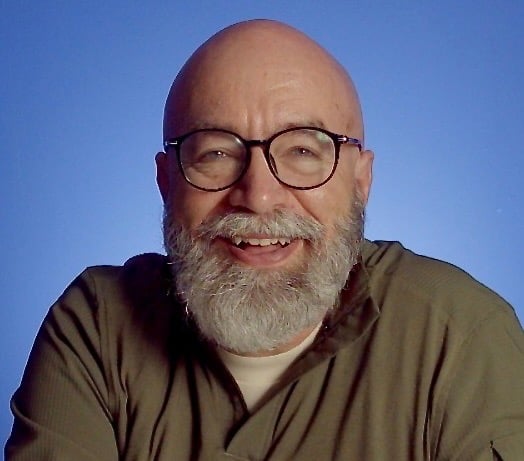
Have you heard statements like these of late?
-
We lost a lot of ground!
-
We have a long way to go if we are ever going to recover.
-
We've got to establish a new normal!
Lost ground? From where? Whose ground was it?
Recover from what? Recover to what?
What normal was lost exactly? Who defines normal?
Statements like those above come from one's frame of reference: a current moment viewed and interpreted through some sort of (usually) past lens. They reflect a memory of a moment, often evaluated by individual and subjective interpretation.
What frame of reference do you draw upon? Do members of your executive team have that same frame of reference? Do the new employees or volunteers? Would it be helpful to know which lens they use? Would it be good to determine what the corporate lens needs to be?
What was life like for you before 9/11, and what changed in your life? Are you aware that almost all college-age students were not alive when it happened and certainly have no memory of it? Their whole life experience is post 9/11.
-
An organization on whose board I served nearly went bankrupt in the months following 9/11. More than half of the annual income came through a single, significant training event held at a convention center in their previous history. Money spent ahead of time reserved facilities and hotel rooms. The needed income came when the event was held. Canceling the annual conference just days after hijacked jets brought down the Twin Towers nearly gutted the organization. Plotting a course back to break-even meant changing the organization's program, jettisoning staff, and reprograming all its revenue streams. They had to start over and build on what they had now, not what they once had. The sooner the frame of reference changed, the easier it was for a new organization to emerge.
What was life like for you just before 2008-9, and what changed in your life? Do you know that home values have more than doubled from 2000-2020, even with the horrible crash in home values in 2008-9?
-
Many small businesses were financed by the value of the business owner's home. After 2008-9 and with the resulting new banking regulations, many such loans were no longer possible. Further, business owners could no longer count much of their income in the new approach to mortgage loans. Business owners had to find entirely new equity sources, such as retirement accounts, credit cards, or gifts from friends and family, to launch a business and manage increased cash flow. Many who could not shift their frame of reference shuttered their doors or were acquired by something larger. Many new companies never got started.
What was life like for you through the first quarter of 2019 and before the pandemic shutdown? What changed in your life? Did you know that private savings and charitable contributions increased during this time?
-
Many of us needed to pivot how and where we worked. We were forced to inhabit our homes, families, and neighborhoods in new ways. Our spending and transportation habits changed. Those who approached this unwelcome moment creatively, drawing on the mental discipline of appreciative inquiry, are reporting higher quality of life and no desire to go back to the way it was. Such people got unstuck and moved on in life.
Choosing a frame of reference matters. Choosing it for the entirety of an organization as it evaluates and reports also matters. Here is a specific illustration of this point:
-
Deep into this pandemic experience businesses continue to report income and expense trends in comparison to fiscal years before 2019. Other organizations, however, hit reset and restarted their benchmarks with FYE 2020. Depending on which lens they work with, a business might look like it is failing or languishing while one hit just as hard appears to be growing. It is all a matter of the frame of reference used to interpret and respond to the data.
Do you want to establish a new normal? Start with not expecting normal to be permanent. Resets happen. Then, choose a frame of reference that serves you rather than continues a punishment that is already over.
Key resources for the use of our readers:
- Maestro-level leader cohorts
- Executive Advising
- The Third Turn Podcast
- The Third Turn Blog
- Maestro-level letter (reserved for cohort members)
Tags:
Mark L. Vincent, Design Group International, organizational decision making, long term decision making, Maestro-level Leaders, The Third Turn, The Third Turn Podcast, Kristin Evenson, discernment methods, Executive Thinking
Post by
Mark L. Vincent
October 14, 2021
October 14, 2021
I walk alongside leaders, listening to understand their challenges, and helping them lead healthy organizations that flourish.
Comments